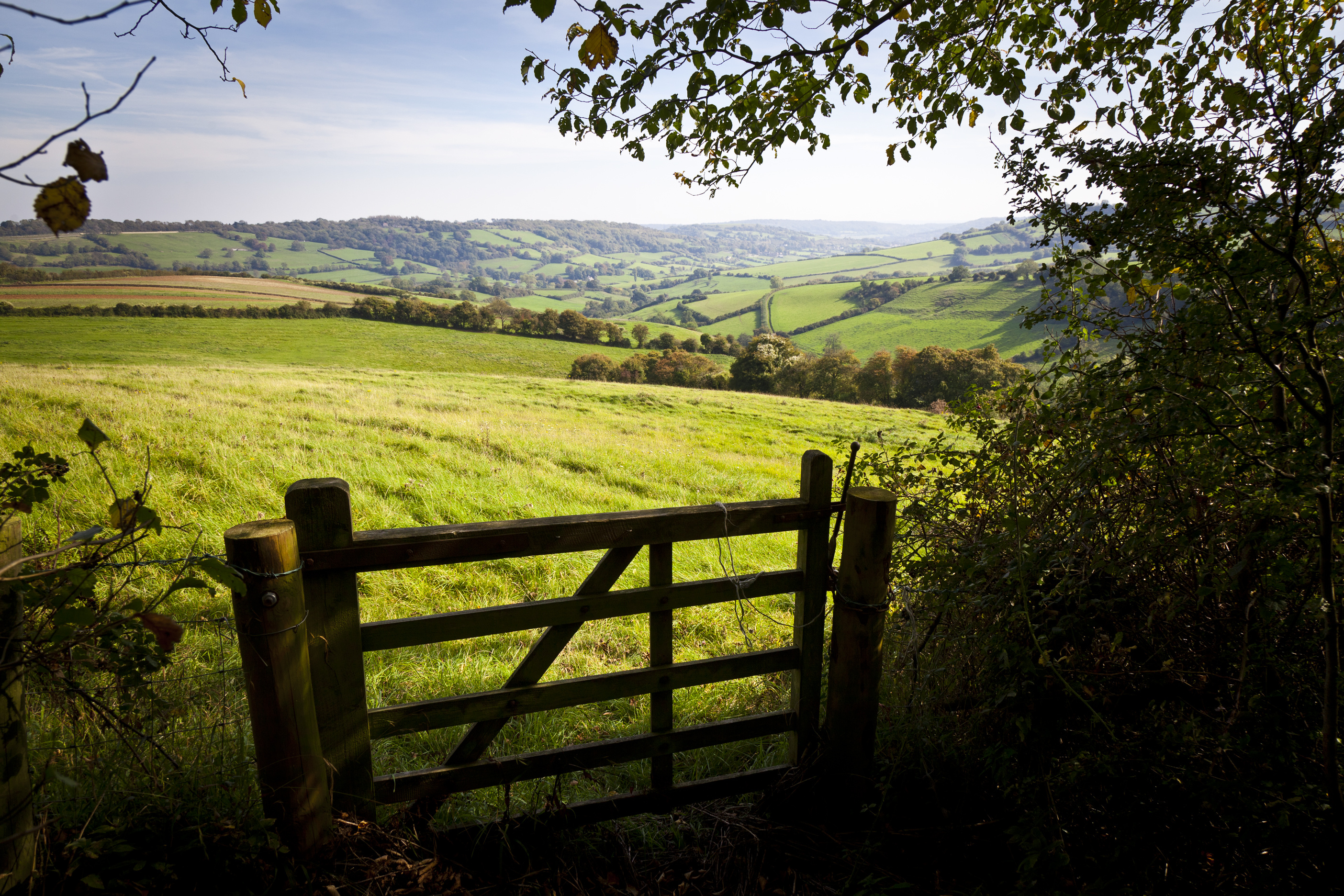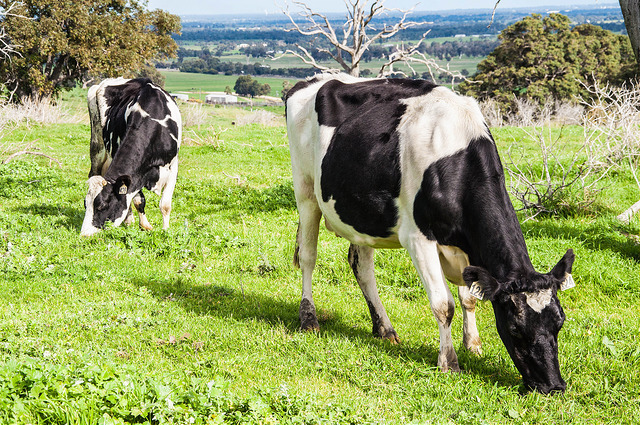



UK unveils new sustainable farming initiative
The UK is inviting farmers to take the first step towards a greener future by participating in the pilot Sustainable Farming Incentive.
Farmers across the UK are being encouraged to take part in the pilot of the Sustainable Farming Incentive – the next step in the Government’s landmark plans to reward farmers and land managers for sustainable farming practices.

Details of the new scheme have been published and expressions of interest for the pilot will open from Monday 15 March.
Now the UK has left the EU and is no longer bound by the bureaucratic Common Agricultural Policy, the Government is introducing a new system that is tailored to the interests of our farmers. It is the most significant change to farming and land management in 50 years, designed to deliver a renewed agricultural sector, producing healthy food for consumption at home and abroad, where farms can be profitable and economically sustainable.
The Sustainable Farming Incentive is the first of three schemes to be piloted and co-designed. Further information on the other two schemes, Local Nature Recovery and Landscape Recovery, will be shared later this year.
The three schemes will reward farmers and land managers for producing public goods like biodiversity, cleaner water, cleaner air, improving soil, and carbon reduction on their land. They will help our farmers, foresters and other land managers play a crucial role in the national effort to tackle climate change by reducing carbon emissions.
- The Sustainable Farming Incentive will support approaches to farming that deliver for the environment, such as actions to improve soil health, hedgerows and integrated pest management. For example, a farmer might be paid to manage and plant hedgerows to provide year-round food, shelter and breeding cover for birds and insects, or take actions to boost the levels of organic matter in soils.
The pilot will build on the great success of the ongoing programme of tests and trials, which already involve over 3,000 farmers and other land managers. Tests and trials focus on trying out individual parts of the future scheme, like land management plans or different payment methods – whereas the pilot will test a working version of the scheme from start to finish.
Environment Secretary George Eustice said
"The ethos at the heart of our future policy is to support the choices of individual farm enterprises.
“The Sustainable Farming Incentive will support the environment and promote animal welfare. It will reward approaches to farm husbandry such as encouraging integrated pest management, improving soil health and enhancing hedgerows.
“Assets that were previously dubbed “ineligible features” will finally have their value recognised and rewarded. I would encourage farmers to engage in this pilot to help us design the new scheme."
Farmers will need to complete a short, simple online form to submit expressions of interest in taking part in the Sustainable Farming Incentive pilot.
Successful candidates will then be invited to complete their application and, if eligible, they will enter into a pilot agreement starting from October 2021. This initial stage will be open to several hundred farmers, reflecting England’s distribution of farm types and locations.
Pilot participants will be asked to take part in a range of co-design activities, providing rapid feedback on their experience of all aspects of the process - from pre-application to implementing their agreements. This will ensure the scheme is fully workable and user-friendly once fully rolled out from 2024.

NFU says that the new pilot must develop a scheme that works
Responding to the publication of the Sustainable Farming Incentive (SFI) pilot, NFU Vice President Tom Bradshaw said: “The delivery of the SFI pilot will be an important step in the development of the Environmental Land Management (ELM) scheme.
“Like Defra, the NFU wants the SFI to be taken up by most English farms. We look forward to seeing further details as soon as they are available to ensure potential applicants for the pilot are able to make informed business decisions.
“This first phase of the pilot only includes eight standards, so it is important that further development phases include areas such as net zero and animal health and welfare. It’s also crucial that these standards are not too prescriptive. Every farm business is unique and the scheme needs to be structured so that it offers something for every farmer.
“Most importantly of all, the scheme needs to enable farmers to run profitable businesses. The pilot must be used to ensure the scheme is engaging, simple to enter and deliver and operates effectively alongside food production.
“We understand the pilot is very much a work in progress and it is imperative that Defra uses it to work with farmers to test and develop a scheme that works and is accessible to all farm businesses.”
TheCattleSite News Desk


